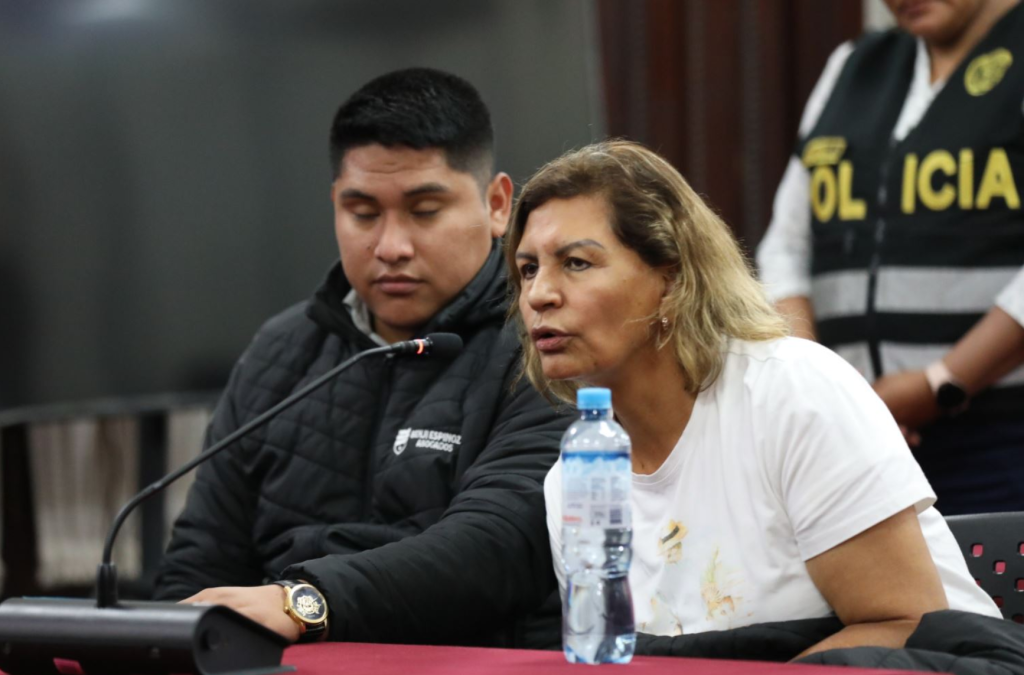Every December 9th the International Day against the Corruption with the purpose of raising awareness about how this problem affects democratic nations and the trust of its citizens in their governments.
According to statistical data from World BankEvery year, around $2.6 trillion is lost due to corruptiona figure that represents more than 5% of the world’s Gross Domestic Product (GDP).
In Dominican Republicthe Survey of Democratic Culture (ECD) shows that the percentage of people willing to “tolerate a certain degree of corruption if the problems are resolved” grew from 48.3% in April 2022 to 50.9% in April 2023.
Even though he change of government In 2020, it renewed the levels of trust in the political system, the aforementioned study by the Ministry of Economy, Planning and Development (Mepyd) exposes an increase in the belief that there are more corruption in public institutions and those who justify clientelistic activities.
The corruption It is defined as the abuse of power, functions or resources for personal benefit or that of third parties, generally to the detriment of the public interest. It manifests itself in acts such as bribery, nepotism, embezzlement of funds, influence peddling, and manipulation of legal or administrative processes.
In the words of general secretary of the UN, Antonio Guterres: “Fight the corruption “It is essential to protect human rights, consolidate the rule of law and promote social justice.”
The Convention of the United Nations against the Corruption (UNCAC) is the only international legal instrument to combat this problem. Currently, it has been ratified by 189 countries.















